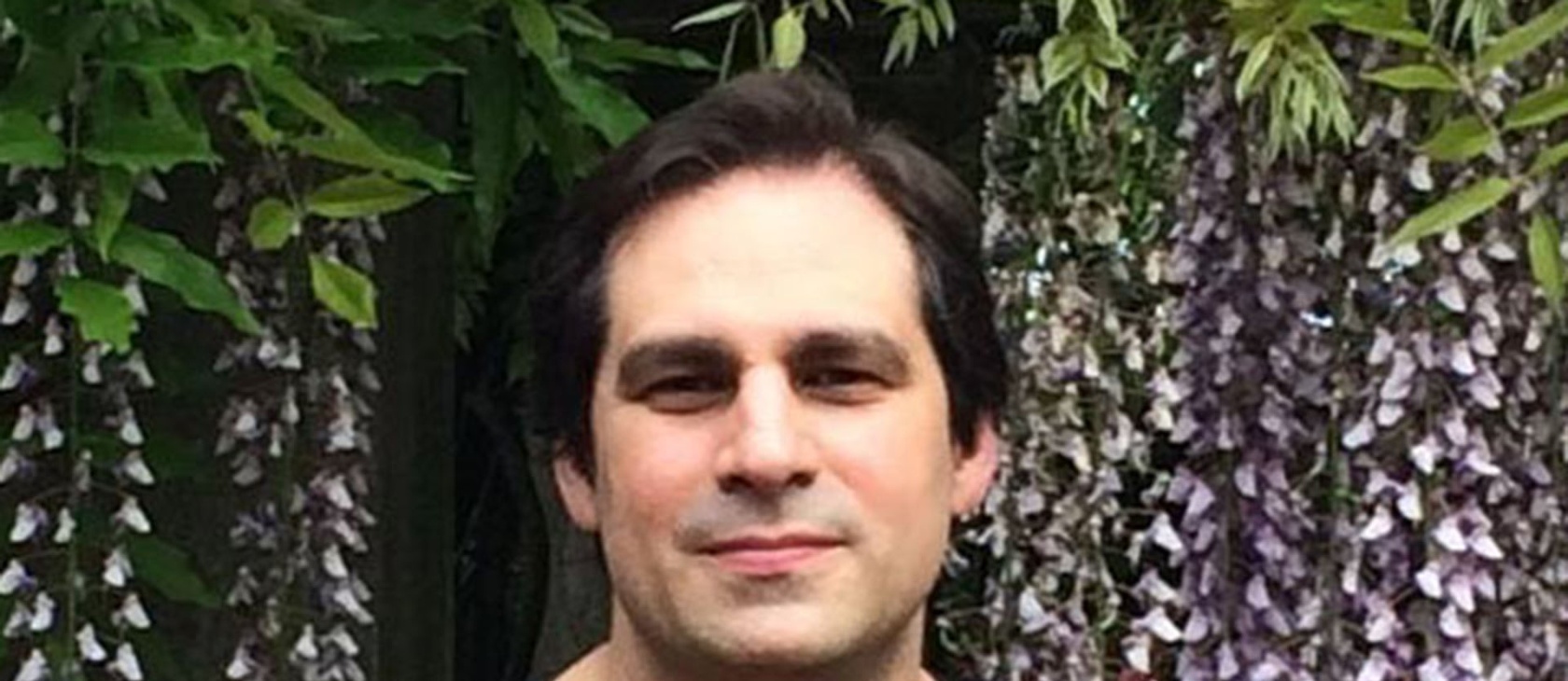Jonathan Leaf is a playwright and novelist. Kirkus Reviews called his new novel, City of Angles, a mystery set in Los Angeles, “light, literary entertainment at its best.”
You’re a playwright in New York City with a conservative sensibility. What obstacles have you encountered that more left-leaning artists would not have?
The issues have less to do with political ideology and more to do with identity politics. I actually received an email a while back from an important figure in the theater saying something to the effect of: we’re not doing plays by “cis” heterosexual white males now. People working in theater tend to be idealists, and they believe in the idea of opening up to new voices. So this is largely motivated by idealism, even if it may be misplaced. Let me give you an example. During the last few years, there have been a series of mediocre plays presented on Broadway written by young black playwrights. Millions of dollars were spent on these, and the producers lost almost every penny. This is what an objective person would expect, as black audiences for Broadway dramas are small, and it isn’t easy to make money on Broadway even with a good play. But the producers were acting out of idealism, not cynicism. However, they may not have been helping the theater much.
The 2019 play Heroes of the Fourth Turning was described in the New York Times as a “red-state unicorn,” in that it was a serious, fair, even sympathetic look at conservative Catholics wrestling with contemporary issues. Do you see anything similar around these days or on the horizon? If not on the stage, what about in film? Streaming TV series?
I’m sure there is. It’s hard to know about everything that’s happening, and I might not be an authority. In the movie business, you can clearly see that there’s a hunger for movies with mainstream and patriotic messages. You can see that in everything from Top Gun: Maverick to Sound of Freedom. Regarding the theater, I think it’s worth noting that two of the most respected contemporary playwrights—Tom Stoppard and David Mamet—have expressed support at times for conservative politicians. But neither tends to write didactic plays. And to my mind, that’s a good thing. Plays written to serve an ideology—like those of Clifford Odets—tend to be dopey and to date quickly.
Your novel City of Angles, which has been widely praised and described as a Hollywood noir, takes on L.A. and the filmmaking community. What was the motivation to go there? Any personal experience?
I wanted to write a novel that described how people on the periphery of the industry, especially actors and actresses, experienced daily life. For some reason, hardly anyone seems to have done that of late. At the same time, I wanted to do that in a fun, entertaining way. I wasn’t aiming to criticize Los Angeles. I like the city. The phoniness in the business is astonishing, but L.A. has an awful lot to offer. It’s not just the weather. It has smart people, excellent museums, great restaurants, a fine symphony, a good opera company, and a thousand other things to recommend it.
Plays written to serve an ideology tend to be dopey and to date quickly.
What advice would you offer a young playwright who is conservative, perhaps religious, and who wants also to work in the mainstream, to perhaps see his or her name in lights on Broadway (or Off-Broadway)?
The theater is not in a healthy state. Most writers getting their first plays staged are doing this as a calling card for work in television and film. Sad, but true. That’s irrespective of their political or religious views. The MFA programs are turning out some good playwrights, but they’re a bad training ground inasmuch as they keep young dramatists cloistered and away from interesting experiences. And I sincerely doubt that they would be terribly embracing of religious conservatives. I suspect that Yale Drama would be as accepting of a 21st-century Paul Claudel as Puritan New England was of witches.
What book(s) have you read at least three times, and why?
The only novel I have ever read three times all the way through is The Great Gatsby. Reading a novel takes a lot of effort when you know how it turns out! And why read a book you’ve read before when there are all those you haven’t read? There’s a terrific short nonfiction book on why people join cults and mass movements called The True Believer by Eric Hoffer that I’m sure I’ve read that many times.
If you could blow up one public building, à la Howard Roark in The Fountainhead, without endangering life or risking imprisonment, which one would it be?
The Port Authority Bus Terminal in New York City.
What’s your favorite B&W film, and why?
Tough question. I think what film does best is comedy. So I might say The Philadelphia Story, although His Girl Friday and Manhattan are other possibilities. Some serious black-and-white movies I love are La Dolce Vita, Notorious, Rashomon, and Rules of the Game. In terms of combining ambition with artistry, it’s tough to surpass La Dolce Vita.







